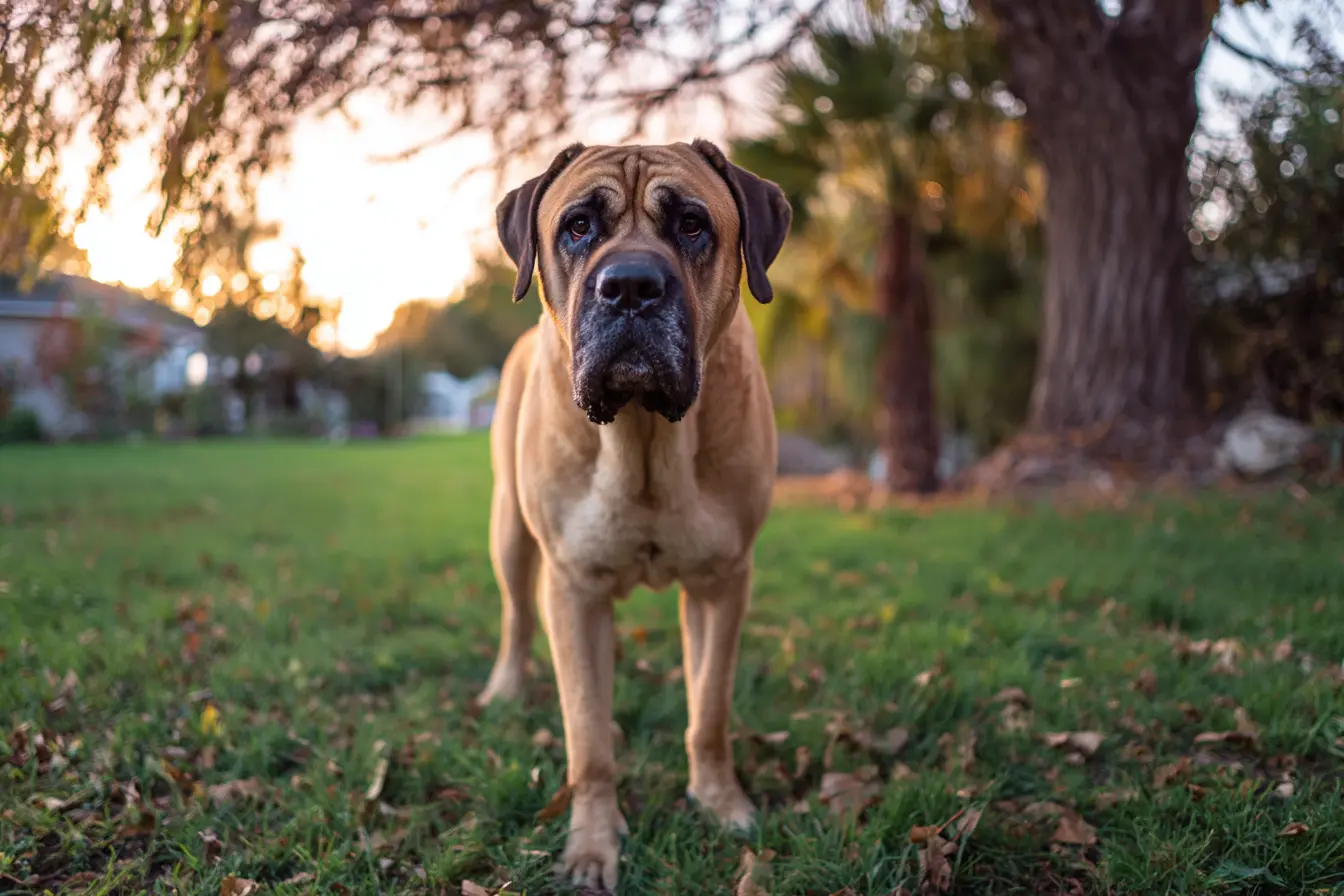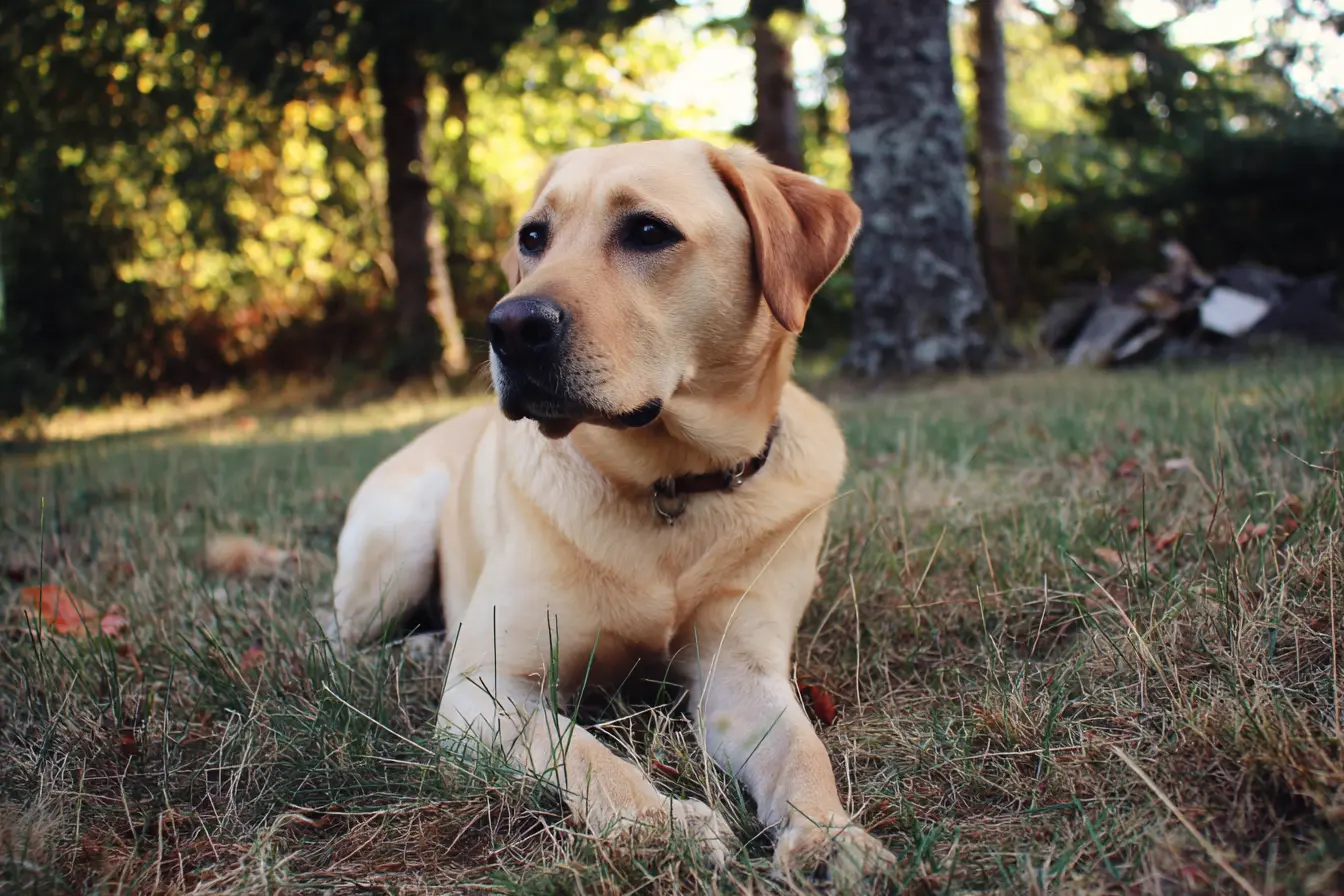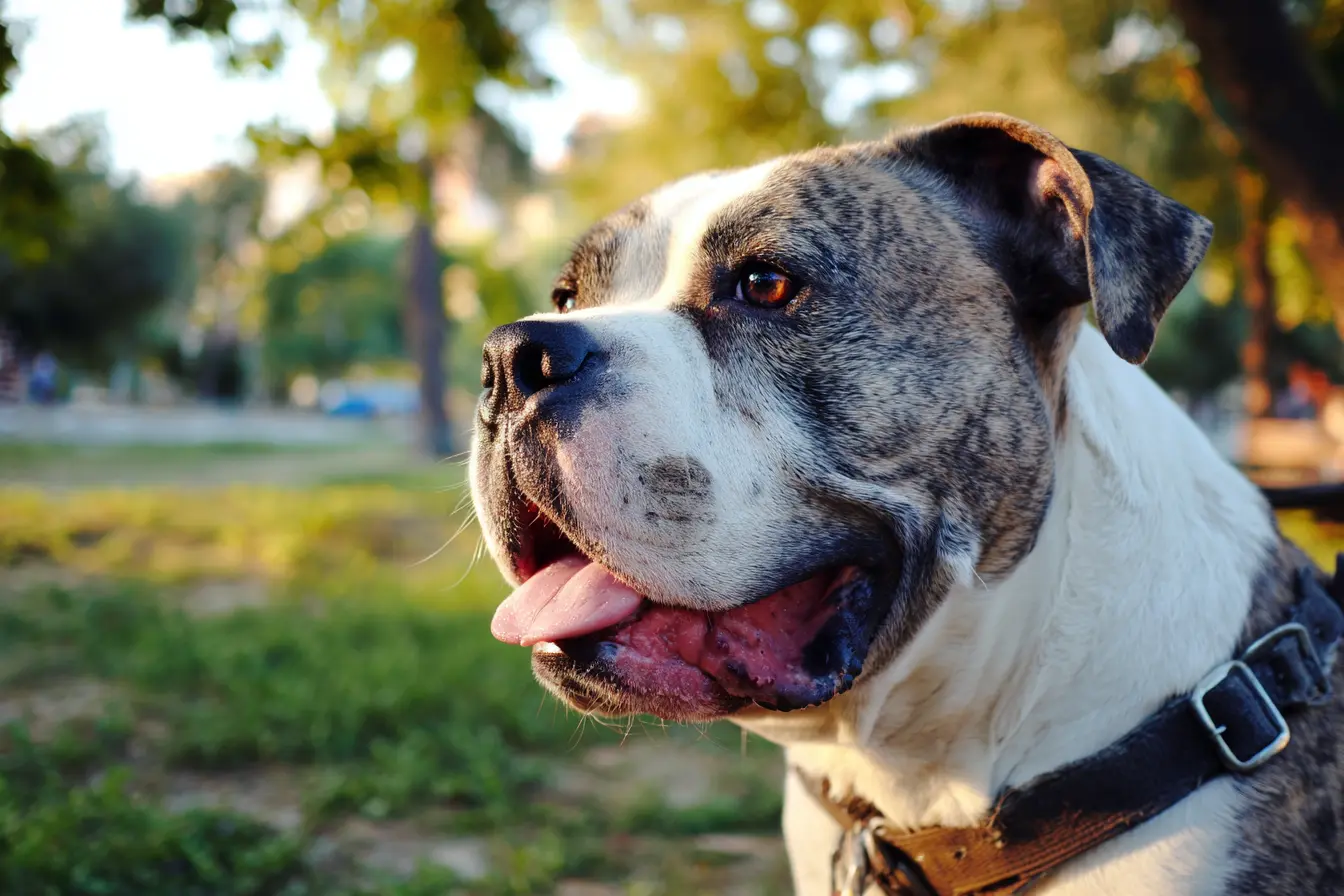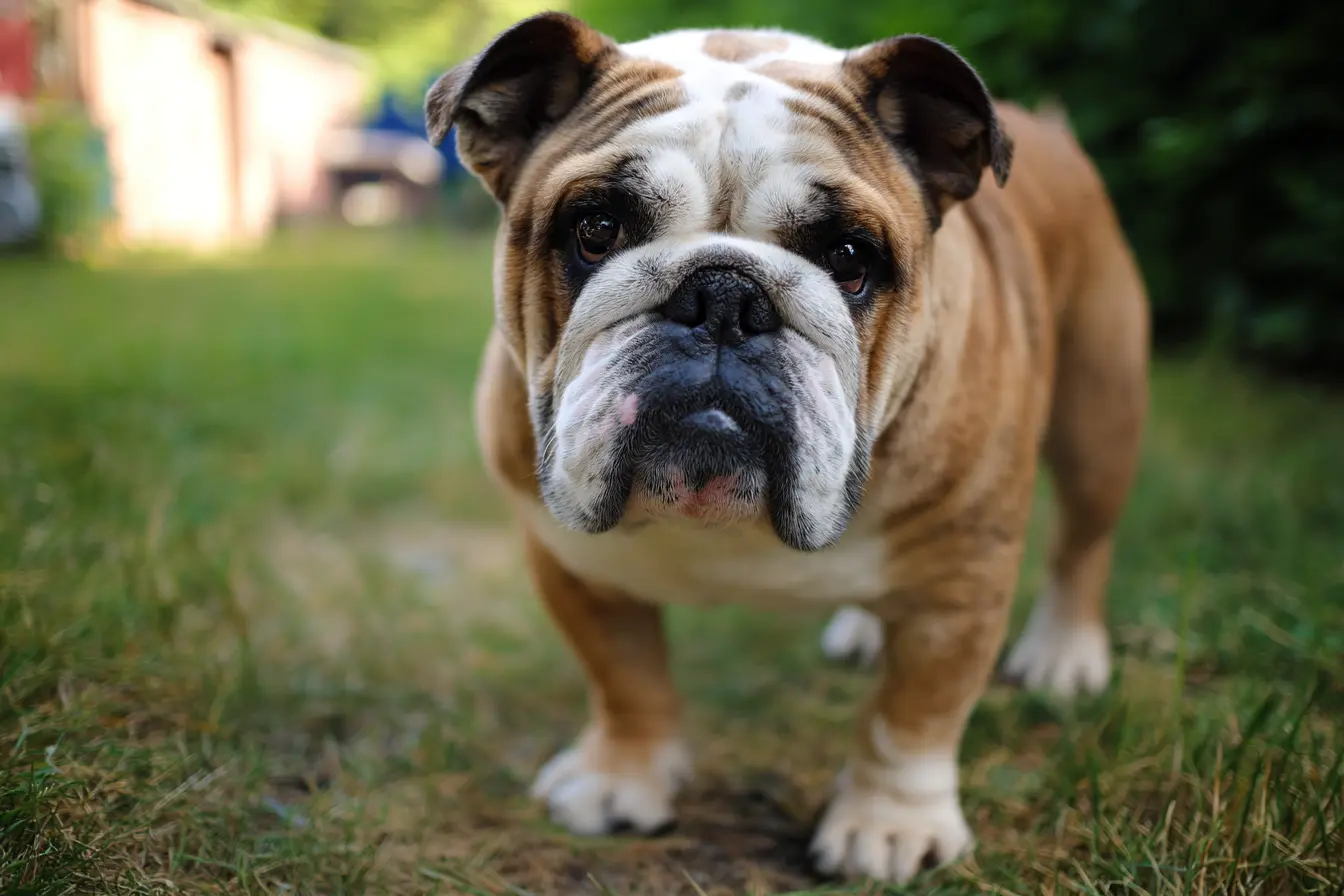
The Mastiff: A Gentle Giant with an Ancient Heritage
The Mastiff, often referred to as the English Mastiff, is one of the largest and most impressive dog breeds in the world. With their massive build, calm demeanour, and deep loyalty, Mastiffs are truly gentle giants. Their roots trace back thousands of years, making them one of the most ancient and revered dog breeds in history. If you are considering welcoming a Mastiff into your life, understanding their size, temperament, and special care requirements is crucial. This guide offers a comprehensive look at this majestic breed.
Breed Overview
The Mastiff belongs to the Working Group and is famed for its imposing presence coupled with a remarkably gentle and loving nature. Historically used for guarding estates and livestock, Mastiffs today are devoted family companions known for their patience and protective instincts.
Physical Characteristics
- Size: Mastiffs are enormous dogs. Males typically stand at least 76 cm at the shoulder and can weigh between 73 to 100 kg or more. Females are slightly smaller but still very large.
- Coat and Colour: They have a short, dense coat that comes in fawn, apricot, or brindle, usually with a distinctive black mask around the face.
- Lifespan: The average lifespan of a Mastiff is around 6–10 years, which is typical for giant breeds.
Personality and Temperament
Despite their formidable appearance, Mastiffs are renowned for their calm, affectionate, and loyal disposition. They form strong bonds with their families and are particularly gentle with children, often displaying a protective and nurturing instinct.
Mastiffs are naturally wary of strangers but are not aggressive without cause. Their sheer size and deep bark are often enough to deter intruders without the need for confrontation.
They are known for being dignified, sometimes a little stubborn, but always deeply devoted. They thrive on close human interaction and do best in homes where they are treated as true family members.
Early socialisation is critical to ensure they grow into well-rounded, confident adults.
Exercise and Training
Mastiffs are not highly energetic dogs, but they do require regular moderate exercise to maintain good health and prevent obesity. Daily walks and gentle play are usually sufficient.
Due to their size and strength, early training is essential. Teaching good manners and basic obedience from a young age ensures they remain manageable as they grow into their massive adult size.
Training should be positive, consistent, and patient. Mastiffs are intelligent but can be independent thinkers, and harsh training methods are counterproductive.
Because of their rapid growth as puppies, exercise should be carefully managed to avoid stress on developing joints.
Health and Care
Mastiffs are prone to several health issues typical of giant breeds, including:
- Hip and Elbow Dysplasia: Joint conditions that can cause arthritis and mobility issues.
- Bloat (Gastric Dilatation-Volvulus): A life-threatening condition that requires immediate veterinary attention.
- Heart Conditions: Including cardiomyopathy.
- Obesity: Maintaining a healthy weight is crucial to prevent additional strain on their joints and organs.
Routine veterinary care, a balanced diet, controlled exercise, and maintaining a healthy weight are key to promoting longevity.
Their short coat is easy to maintain, requiring weekly brushing to remove loose hair. However, Mastiffs are known for drooling, especially after eating or drinking, so regular wiping of their faces is often necessary.
Dental care, ear cleaning, and nail trimming should also be part of their regular grooming routine.
Living with a Mastiff
Mastiffs thrive in homes where they are included in daily life and receive plenty of affection. While they can adapt to a range of living environments, they are best suited to homes with space to accommodate their size — ideally with a secure garden.
Despite their size, they are generally quiet indoors and are often content to lounge around near their family members.
They do not tolerate being left alone for long periods and can develop separation anxiety. Their need for companionship is strong, and they flourish in homes where someone is often present.
Mastiffs do not cope well in extreme heat due to their size and shorter muzzle, so care must be taken during warmer months to ensure they stay cool.
Is the Mastiff Right for You?
If you are seeking a calm, loyal, and affectionate companion who will provide steadfast protection and unconditional love, the Mastiff could be a wonderful choice. They are best suited to experienced owners who understand the needs of giant breeds and are committed to providing the training, socialisation, and care they require.
However, if you are not prepared for the challenges associated with their size, health care costs, and potential for drooling, a smaller breed may be a better fit.
Conclusion
The Mastiff is a breed that embodies strength, dignity, and devotion. With their gentle spirit, protective instincts, and deep loyalty, they make extraordinary companions for those who have the space, time, and heart to embrace a true gentle giant. Given the right care, training, and environment, a Mastiff will become a beloved and majestic member of your family, bringing comfort, security, and affection for many treasured years.
Contents
Tags
Vets near you
Speciality vets
- Aquatics vet specialists
- Birds vet specialists
- Camelids vet specialists
- Cats vet specialists
- Cattle vet specialists
- Deer vet specialists
- Dogs vet specialists
- Equines vet specialists
- Exotic vet specialists
- Goats vet specialists
- Pigs vet specialists
- Poultry vet specialists
- Sheep vet specialists
- Small Mammals vet specialists
- Wild vet specialists
Vet facilities
- Accessible by public transport
- Blood testing
- Car park nearby
- Client car park
- Dentistry
- Diagnostic imaging
- Disabled public access
- Flea and worm treatments
- Microchipping
- Mobile services
- Neutering
- Open at weekends
- Out-of-hours service
- Referral interests
- Referrals only
- Street parking outside
- Toilets available
- Vaccinations



